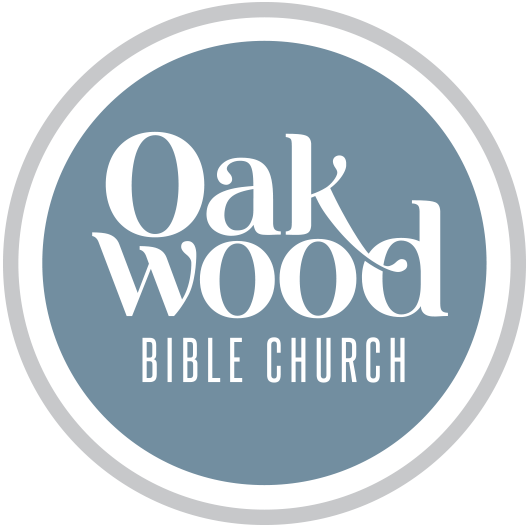Click here to view Sermon Audio on this book.
Click here to read this book online.
| Common Name: 2nd Samuel | Book Number: 10 of 66 (Old Testament has 39 Books, New Testament has 27 Books) | Why Written: Records the history and of Israel and king David. |
| Testament: Old | When Written: 1050-722 B.C. Early Iron Age | Key Phrase: David’s Reign |
| Category: Historical Books | Where Written: Israel and Judah | Key Idea: Establishment of Israel’s Kingdom |
| Key People: Eli, Hannah, Samuel, Saul, Jonathan, David, Abigail | Key Verse: “And I have been with you wherever you have gone, and have cut off all your enemies from before you, and have made you a great name, like the name of the great men who are on the earth.” (2nd Samuel 7:9) | Intended Audience: Nation of Israel as a reminder of what God had done for them. |
Who wrote the book?
As we noted in the previous chapter, 1 and 2 Samuel form one book in the Hebrew Bible. The Septuagint, the Greek version of the Bible, first divided these books into two parts. Although the book does not name a specific author, the material was compiled from documents written and collected by the prophets Nathan, Gad, and Samuel—the prophet for whom the book is named (1 Chronicles 29:29).
Where are we?
Second Samuel is set in the land of Israel during the reign of David and follows the course of his forty years as king of Israel (1011–971 BC).
Setting:
The Second Book of Samuel takes place in modern day Palestine, through the ancient areas of Philistia, Canaan, Ammon which are all modern day Israel, Jordan and Syria. Some of the actions take place in Jerusalem, Gath, Hebron, Raba and Helam. We see the fall of Israel’s first king Saul and the rise of it’s greatest earthly king David.
Why is it so important?
First Samuel introduces the monarchy of Israel, and 2 Samuel chronicles the establishment of the Davidic dynasty and the expansion of Israel under God’s chosen leader. The book opens as David learned of Saul’s death. His lament over the deaths of Saul and of Jonathan (2 Samuel 1:19–27), David’s unlikely best friend, demonstrated David’s personal grief over their demise. The Lord soon set David over the tribe of Judah (2:4) and then over all Israel as His anointed king (5:3), uniting all twelve tribes into a tight-knit nation.
The first ten chapters show David as victorious in battle, praised by the people, compassionate to the sick and poor, and righteous in God’s sight. We see David dance before the Lord in the streets of Jerusalem as his men brought the ark of the covenant back home (6:12–16). We also meet Mephibosheth, the crippled son of Jonathan to whom David extended grace, “for the sake of [his] father Jonathan” (9:7).
Yet biblical writers did not overlook their heroes’ flaws. In the chapters that follow, we note that David’s adultery with Bathsheba (2 Samuel 11:1–27) was followed by a series of tragedies: their child’s death (12:18), David’s daughter Tamar’s rape by his son Amnon (13:1–39), Amnon’s murder (13:28–30), David’s own political overthrow by his son Absalom (15:1–37), and Absalom’s subsequent death (18:1–33).
Despite the turmoil in his later years, David enjoyed the Lord’s forgiveness and favor. His genuine sorrow and regret over his sins revealed his repentant heart, with which the Lord was pleased.
What’s the big idea?
Key to the book and to the entire biblical record is 2 Samuel 7:16, “Your house and your kingdom shall endure before Me forever; your throne shall be established forever.” This divine promise marked the beginning of an additional covenant, called the Davidic covenant, in which God promised an eternal throne to the house of David. “Because of David’s faith, God did not treat [David’s] descendants as He had treated Saul’s. Sin would be punished, but David’s line would never be completely cut off.”1
David celebrated God’s faithfulness in Psalm 89, penning these words inspired by God:
“My covenant I will not violate,
Nor will I alter the utterance of My lips.
Once I have sworn by My holiness;
I will not lie to David.
His descendants shall endure forever
And his throne as the sun before Me.
It shall be established forever like the moon,
And the witness in the sky is faithful.” (Psalm 89:34–37)
God’s unconditional promise to David would be fulfilled ultimately in David’s descendant Jesus Christ. The covenant also included a continuing promise that the people of Israel would have a land of their own forever.
How do I apply this?
David is known as a “man after [God’s] own heart” (1 Samuel 13:14) because, though he sinned greatly and made mistakes, he acknowledged those failures and repented before God. Repent means to turn away from sin and turn toward righteousness. Our Father knows we are not perfect. So His Son, Jesus Christ, paid the price for our sins so that we can become righteous in God’s sight through faith. And although our salvation is secure, our daily sins can hinder our relationship with God. When we confess our sins, turning to the Lord in humility, He will forgive us and restore our relationship with Him.
The apostle James has written what might be an appropriate epitaph for David. It can be yours, too: “Humble yourselves in the presence of the Lord, and He will exalt you” (James 4:10).

